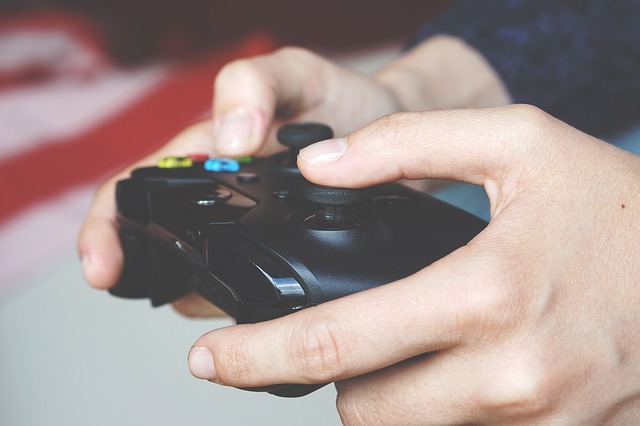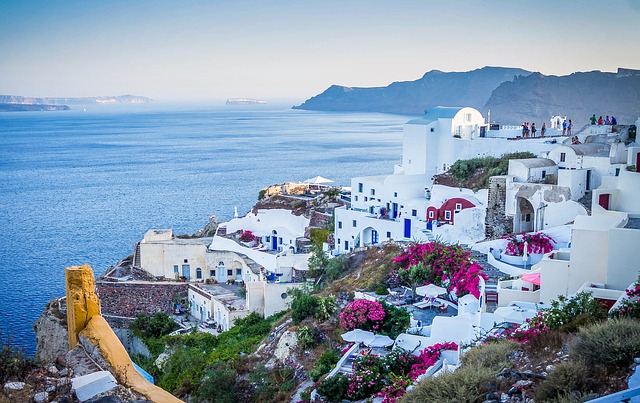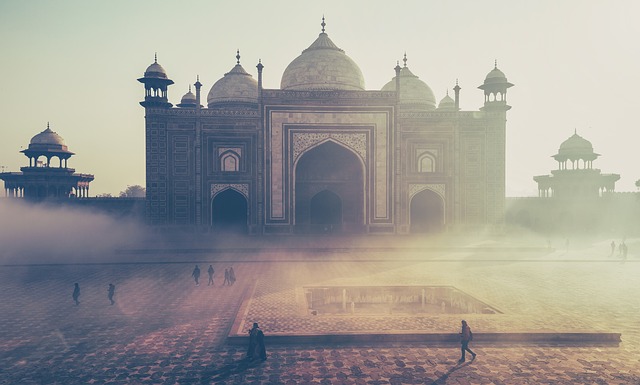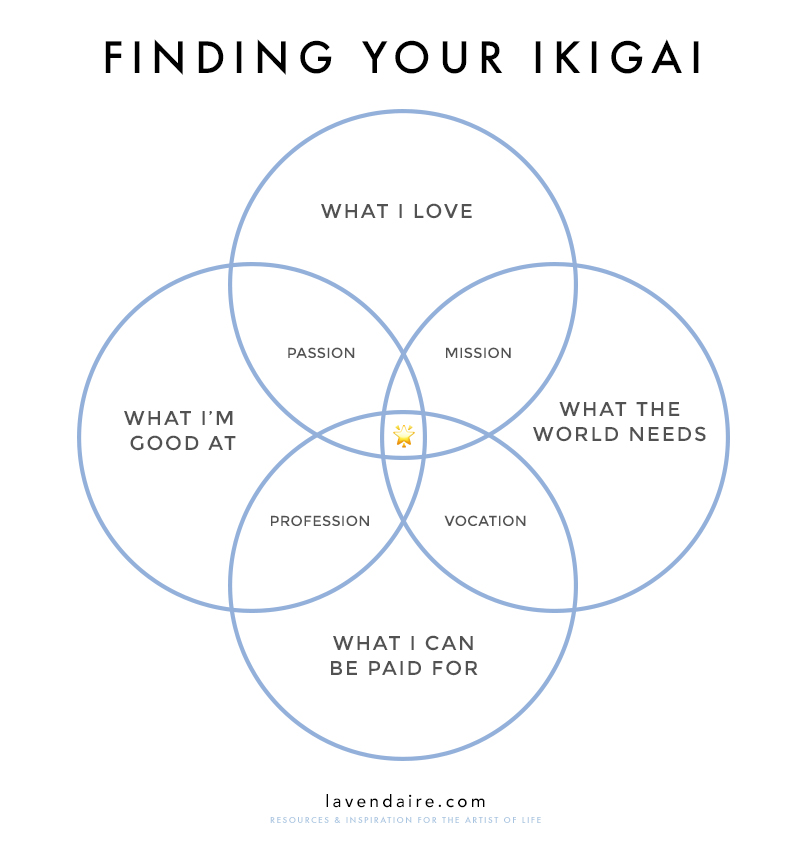In my previous blog article, I told my readers that a great life is a balanced life. Furthermore, I proudly proclaimed to show them how to live a balanced life.
After publishing my post, I came to the realization that my pride had carried me away from reality. You see, the truth is that I also struggle to attain a perfect equilibrium; I love writing which is my virtue, but I also love gaming which is my vice. Unfortunately, I spend more time practising my vice than my virtue.

Yet, when I make a promise, I like to stick to it. Ergo, I decided to sit and poke around Google. After a few hours, I finally found my answer.
I implemented this simple method into my life, and it worked!
However, before I tell the secret to you, you will first need to travel with me. Our destinations will be Sweden, Greece, India and Japan. So, pack your bags and board the thinking plane!
Destination 1- Sweden

Sweden is rated as one of the happiest countries to live in. There are many reasons for this (government structure, history, culture, etc.). However, the core source of happiness is definitely; Lagom
When we translate the Swedish word of Lagom to English, it roughly translates to “Not too much, Not too little”.
The philosophy is simple,
If we are given a huge quantity of food at a restaurant, most people would force themselves to overindulge in order to not waste the cuisine which they spent 20-30$ on. However, Swedish philosophy takes a different stance; rather than overindulging, we should understand that failing to finish our dish is not a sin. On the contrary, we should be in constant communication between our body in order to find “Lagom”; a fine balance between too less and too much.
Like writer Thomas Oppong put it;
For Swedes, Lagom is a lifestyle, a habit of mind. ‘There’s an internal mindset of acceptance and contentment in Sweden. That’s part of the secret to being happy — don’t obsess about it.
Destination 2 – Greece

Now let’s travel east and a few thousand years back in time. In 300 B.C, Alexander the Great, emperor of Greece died and the whole Greek empire went into chaos.
In order to cope with the disasters, the Greeks invented the philosophy of Stoicism.
Unlike, Lagom, which endorses people to experience all emotions in moderation, the philosophies of stoicism is completely reversed. The basics of Stoic philosophy is that one should develop such awareness of themselves that external events (positive or negative) will not affect their mental states.
Stoicism aims to encourage one to be calm and neutral regardless of whether they dropped an ice cream or received their dream gifts.
Although many of us might find the concept of being utterly calm when gifted 10,000$ weird, the ancient Greeks loved it. This philosophy was one of the reasons as to why the civilization could keep prospering, even after the death of one of its greatest emperors.
Destination 3- India

Around the same time period but a few thousand kilometers south-east, the founders of the Ancient Indian civilization started planning on how to create an ideal society.
After a lot of planning, they created Purushartha, a philosophical model that individuals should follow in order to live a life of bliss and balance. Purushartha consists of three values;
Artha (Wealth and Possession) – The founders believed that we should all own enough possessions to live a life of content. All the materials we own should follow the same fundamentals as Lagom; Not too much not too little.
Kama (Passion and Joy) – Living without joy is not living at all. Most of our lives are driven in the pursuit of happiness. The Kama acknowledges this fact but forces us to have a different outlook; Why not simply enjoy/appreciate every minute of your life, even the moments in which you feel low and dejected?
Dharma (Duty) – As humans, we must serve someone. This can either be our community, our friends, our family, our boss or anyone we choose. The act of serving is not a bad thing. In fact, it is what makes humans so powerful. Dharma binds Artha and Kama together. Ergo having the awareness of who/what we serve is very important. The founders believed that if we serve a wrong purpose, our Artha and Kama could turn on us.
It is believed that when one understands and practices to live by these three values, they transcend to “Moksha” – Eternal freedom.
Destination 4 – Japan

The concept of Ikigai was brought into spotlight when it was mentioned in the “world happiness report” published by the U.N.
Ikigai roughly translates to “That which makes life worth living”.
A person who follows Ikigai needs to ask themselves the following four questions;
- What do I love?
- What does the world need?
- What am I good at?
- What can I be paid for?
If someone finds an activity in which they love doing something and it is exactly what the world needs, they have found their mission.
If someone finds an activity in which they are good at and they love doing it, they have found their passion.
If someone finds an activity in which they are good at and they get paid for it, they have found their profession.
If someone finds an activity in which they can be paid and it is what the world needs, they have found their vocation.
If someone finds an activity in which they are good at, they love doing it, they get paid for it and the world needs it, they have found Ikigai. When we find our Ikigai, we truly become a balanced individual who is ready to take on the challenges of life.

So, how do you live a balanced life?
Well, as you saw above, the 4 different philosophies on living a balanced life are very different. Yet in Lagom, Stoicism, Purusharthas and Ikigai, there exists one major similarity. Can you guess it?
Awareness
In fact, every philosophy and religion in the world highlights the importance of awareness. If we truly know our body and are aware of its every single thought, we can control it and live a life of peace.
“I seek strength, not to be greater than my opponent, but to fight the greatest enemy…Myself” – Bruce Lee.
Our mind is fickle and getting awareness is difficult. However, the first step in this long road of mastery is to have constant vigilance on the smallest of actions you do. Try to never go on “autopilot” but have 100% focus on any small thing that you do.
In this way, you will gain great balance and conquer yourself.
I am currently also working towards this goal of full awareness and I would love to have your input too! Please comment below or subscribe to my newsletter.
Best of luck,
Shreyas
2 replies on “Lagom, Stoicism, Purusharthas, Ikigai – How to live a balanced life”
Hi! Stoicism is mainly Latin for me and not so much Greek. The ultimate consequence of that is nihilism. A force; but a wrong one. Oblomov being the nice side of it; why worry about all the stuff others worry about? The most important thing is to find a thing you truely love to do and that really does touch you. That will make you happy
Hi Mikkel, thank you for your comment. Firstly I apologize for making the mistake of saying Stoicism is Greek. Secondly, I understand your point regarding the fact that the most important thing you can do is something you love. Although I do agree to a certain extent, I believe that humans should still balance their lives regardless of finding something that they love. For example, if I find a passion for statistics, I should put all my heart into it; however, I should still maintain my other responsibilities such as eating, exercise, societal activities, etc.